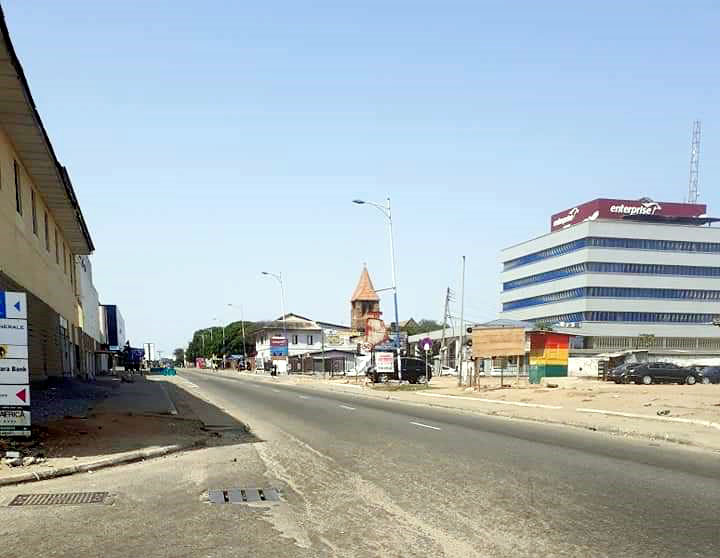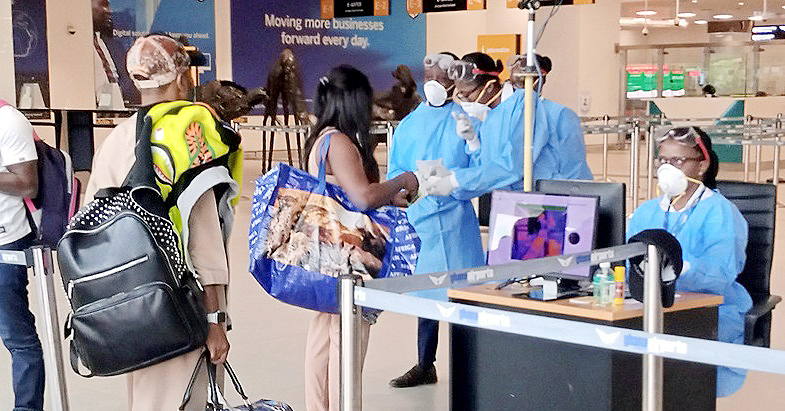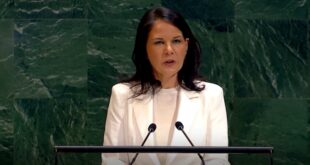An emergency global conference call of Ghanaians abroad took place on Saturday, 28 March. Attended by members of the Ghanaian diaspora from Italy, USA, Spain, Germany, France, UK, Netherlands, Austria, Belgium, Canada and Czech Republic, among others, the meeting discussed the ongoing coronavirus (COVID-19) crisis and how it’s impacting on their communities across the globe and also their home country. The meeting, organised by Ghanaian Community in Diaspora, at the end of several hours of intensive discussions decided on several measures and strategies to assist their communities in the diaspora and families in Ghana. Below is the official minute issued after the history-making conference:
———-
Summary Minute of Diaspora Community Meeting on Coronavirus
Sunday, Date 28th March 2020 @ 8 pm (GMT)
Members from Italy, USA, Spain, Germany, France, UK, Netherlands, Austria, Belgium, Canada, South Africa, Czech Republic met to discuss sustainable measures to deal with the Coronavirus within the Ghanaian community in the Diaspora.
Strategies to assist the vulnerable in the community
Pastor Turkson made a presentation after the opening prayer on what his church is doing to assist the vulnerable to limit their exposure to COVID-19. All the associations, unions and churches are encouraged to take such an initiative.
– Make a list of the vulnerable community members.
– Create small groups within each community responsible for helping such members with shopping.
– Request for volunteers who have pass to go out within the community during lockdowns.
– Request for voluntary contributions in such difficult times to create a food bank.
– Get leaders to call and check on them from time to time as well as other community members.
Reports from various diaspora countries
A member from each country was given the opportunity to present the situation report in their respective countries. The rate of infection is high for each country, and the authorities have implemented lockdown or partial lockdown to be able to flatten the curve.
Cases within the Ghanaian communities reported during the meeting;
– Three cases with one critical in intensive care with pneumonia in the UK.
– A critical case in Virginia, USA, and under intensive care.
– Two cases in Italy (Milan and Modena).

Challenges and Measures communities are taking to help their members
– Radio programs to educate the Ghanaian community on COVID-19
– COVID-19 groups to share information and point out the fake news and myths
– Those under complete lockdown have created WhatsApp groups for people to order items from African Shops. Those with permit get the items and deliver to community members at home.
– Community leaders share information obtained from the various Embassies with their members.
– Some communities are trying to find ways to help the undocumented members make purchases as some countries are going cashless.
– Diaspora Networks and other radio stations are willing to help with publicity on best practices for the community to limit the impact of the coronavirus on our daily life.
– They all acknowledge the situation in their countries is not under control.
– Individuals and groups have made donations and continue to raise funds to support with Personal Protective Equipment.

Medical Advice by Health Professionals
Dr Bertha Serwaa Ayi (Senior Physician, USA), Dr Yamoah (Senior Physician, Germany) and Dr Phyllis Heinrich (Pharmacist dealing with Traditional African Medicine) made presentations and answered most of the questions community members asked.
– The situation has brought the world to its knees, and things are changing very fast.
– Complete lockdown for about 5 weeks is only way out of this pandemic as people can be tested, isolated and managed to limit the spread. The effect will normally be seen in the 3rd Week.
– Members should take the precautionary measures seriously to avoid burdening the healthcare systems by staying home.
– The virus has no respect for anyone can take over your lungs in a matter of days and potentially can cause organ failure.
– The coronavirus was discovered in 1960 and has been known to affect animals but the COVID-19 is a novel one.
– One person can potentially affect three people, and the mode of infection is not well understood.
– Any acute respiratory symptom even without fever is being considered as a suspected case.
– Radiological test and blood test can indicate preliminary indication of COVID-19 infection.
– Direct transmission occurs when the virus passes from the infected person to a healthy person. The infected person will cough or sneeze and the droplets land in your eyes, nose or mouth.
– Indirect transmission occurs when you come into contact with an infectious droplet in the air or surfaces. The virus might stay on surfaces and healthy people might touch the contaminated objects with their hands, and then touch their eyes, nose or mouth.
– There are several symptoms, but Tiredness, Cough, Fever and Shortness of Breath are the main signs to watch.
– Most hospitals are no more looking at history of travel to high-risk areas as the virus is within our communities.
– In addition to the basic hygiene we are all to observe: we should clean our mobile phones and tables on a regular basis.
– Change and wash your clothes after work and keep your shoes outside or at the entrance.
– Stay at home to avoid getting the coronavirus and observe the distance of 1.5 – 4 meters to other people when outside.
– 80 % are mild cases. 15% are moderate, and 5 % are critical meaning, not everyone who gets the corona will die.
– If you have allergies on yearly basis, then you should know symptoms to differential between allergies and corona.
– The symptoms are like those of flu and allergies, so if it is your first time of having allergy symptoms, please call your doctor.
– Hospitals are running out of personal protective equipment in some countries, and we should all take the measure the authorities are putting out there to fight the virus.
– We should do our best to limit the spread of corona case within the Ghanaian community as doctors are getting to the point at which they have to decide who gets a bed at the intensive-care unit.
– We should do as much as we can to stay safe to avoid the complexity of deciding who should die and who gets the intensive bed.
– There are natural vitamins, mineral and amino acids and to boost our immune system from balance diet.
– There is no known cure and the orthodox medicine are giving supportive care for our system to fight the disease.
– There is traditional medicine proposed by Ghana Federation of Traditional Medicine and Dr Phyllis Heinrich will be able to get you one if you opt for it.
– Fear and panic can cause depression so we should calm down and just avoid public places to limit our exposure.
– Make sure we have our traditional spices in our food, and we can make tea with some of the herbs and drink.

General Suggestions and Best Practices from the participants
– It was recommended to assist our aging parents in Ghana with some funds to buy extra food stuffs in these difficult times if we are in the position to do so.
– Recommend to our family members to start planting food crops in their backyard.
– We should all support our traditional medicine to go through the standard systems to be accepted internationally.
– Avoid public transport if you can.
– Use neck scarf when going outside.
– Use hand gloves at fuel stations.
– Use face mask for protection against the virus is FFP2/N95.
– Drink more water on regular basis and eat properly.
– Make use of free offers for your children to learn online.
– Bond with the family and give responsibilities to the children to take care of certain activities at home.
– As we donate to Ghana, we should share information not to duplicate our efforts.
– We should create a list of medical doctors and psychologists within the community with their free time for consultation.
– Members with symptoms should not stay home to administer self-medication but seek medical attention.
– Create Diaspora COVID-19 group to share information and continuously strategies to limit the spread of the virus.
– Get videos from the expert and share with the community.
– Provide financial support to the needy in the community if in the position to help.
Signed
Kwaku Appiah (+49 17621845702)
Fred Addo (+33 670071310)
Benjamin Okrah (+49 17623101924)
(Members of Concerned Members of Ghanaian Community in Diaspora)
 THE AFRICAN COURIER. Reporting Africa and its Diaspora! The African Courier is an international magazine published in Germany to report on Africa and the Diaspora African experience. The first issue of the bimonthly magazine appeared on the newsstands on 15 February 1998. The African Courier is a communication forum for European-African political, economic and cultural exchanges, and a voice for Africa in Europe.
THE AFRICAN COURIER. Reporting Africa and its Diaspora! The African Courier is an international magazine published in Germany to report on Africa and the Diaspora African experience. The first issue of the bimonthly magazine appeared on the newsstands on 15 February 1998. The African Courier is a communication forum for European-African political, economic and cultural exchanges, and a voice for Africa in Europe.













